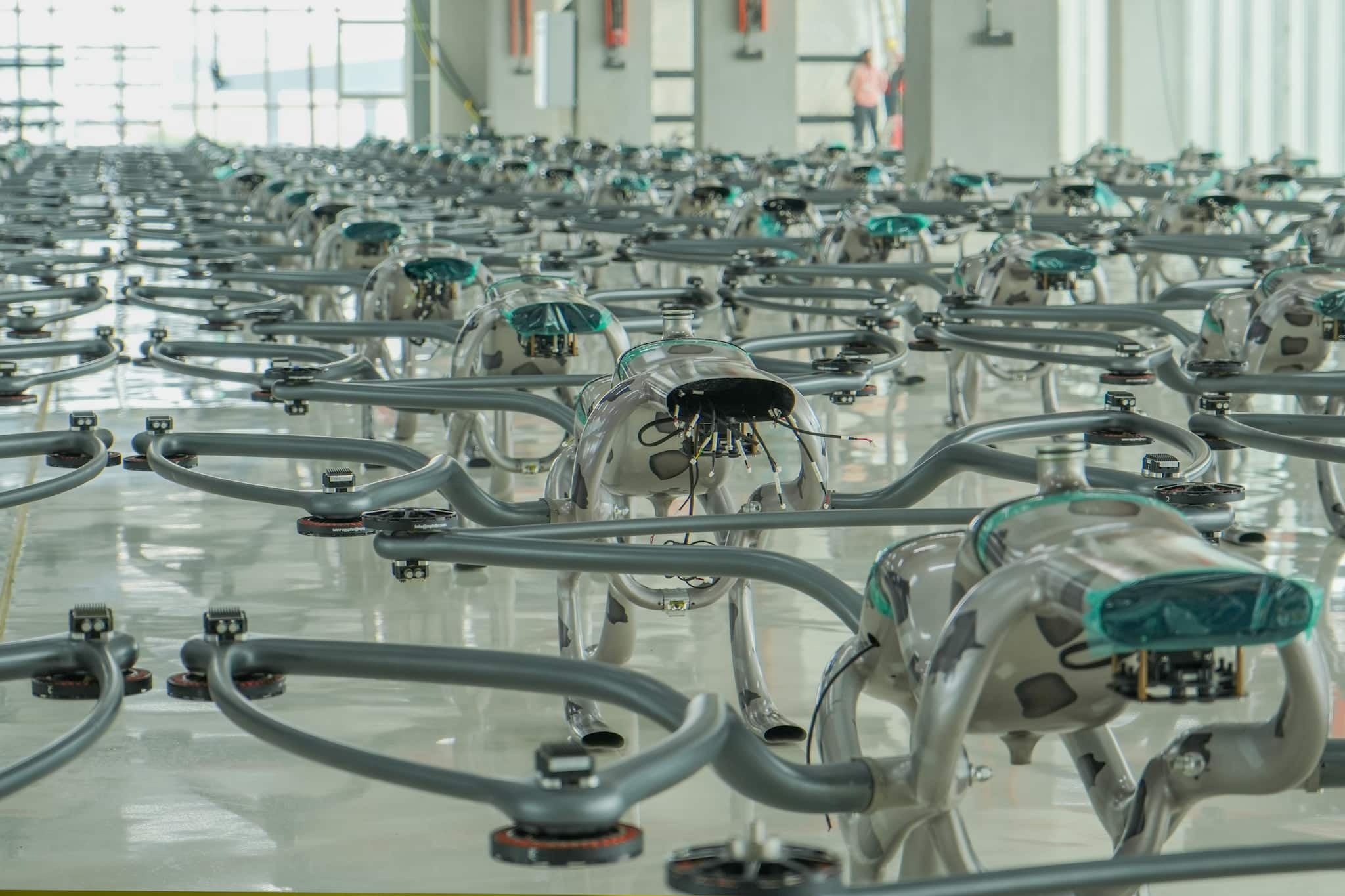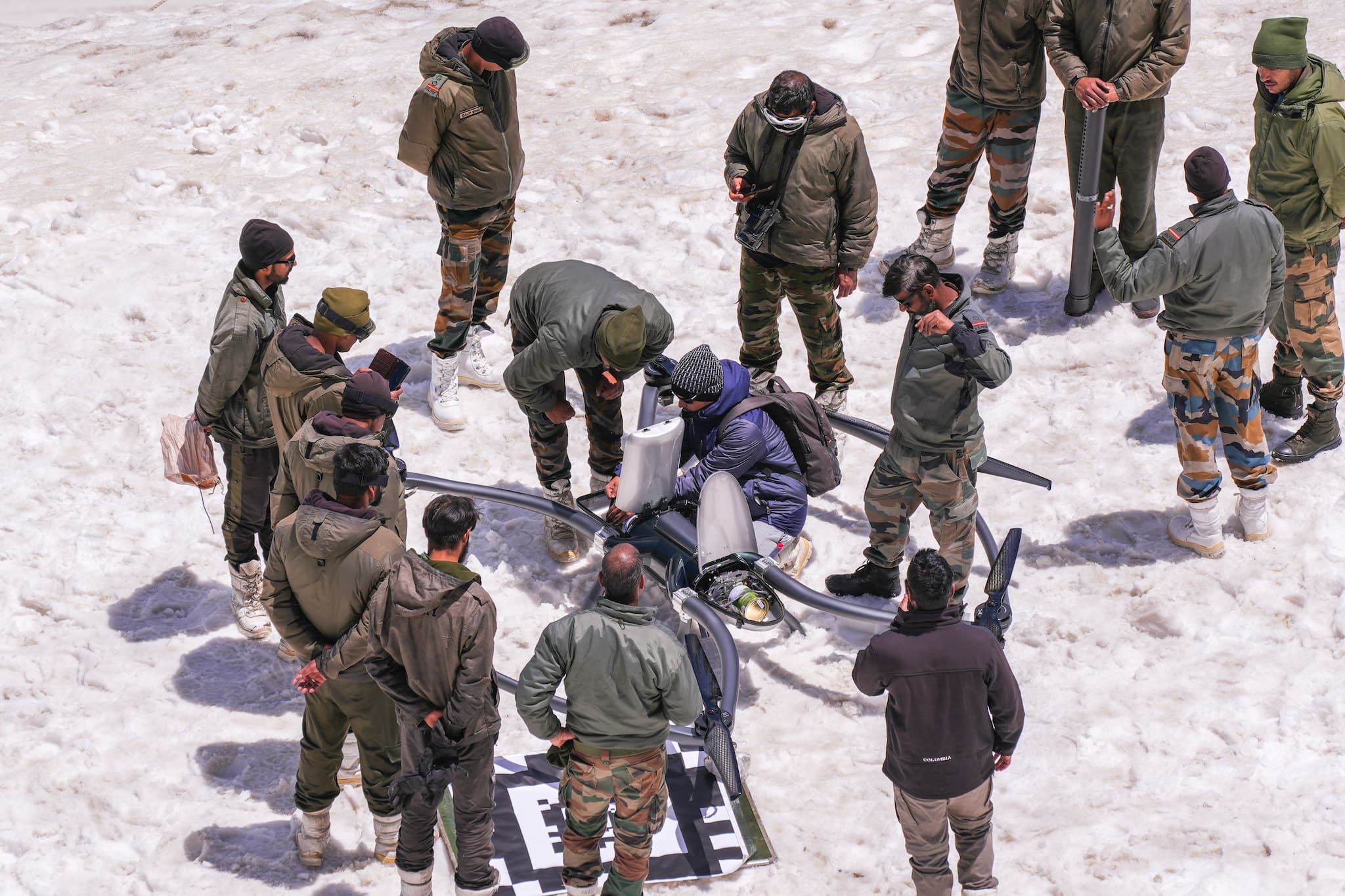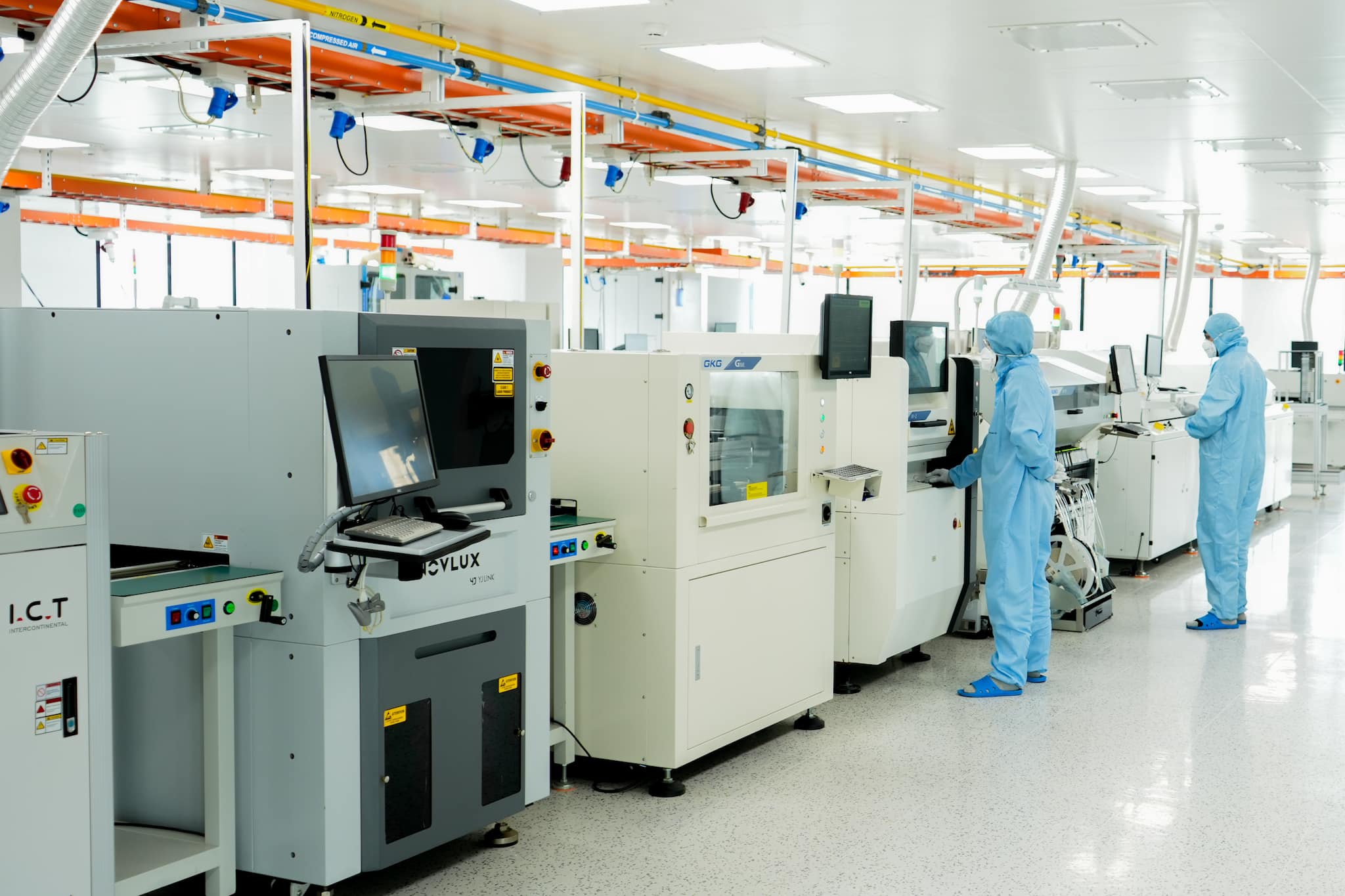



For nearly a decade, Raphe mPhibr operated quietly from its base in Noida, building UAV systems for the Indian military while staying largely out of public view.
That changed this week, following the company’s $100 million Series B fundraise. But the money isn’t the real story. It’s what the company has already built.
The firm has developed a vertically integrated aerospace and defence manufacturing ecosystem, with capabilities ranging from carbon fibre composite fabrication to internal combustion engine (ICE) design under one roof.
Raphe mPhibr is now ramping up its production capacity to deliver more than 150 high-altitude logistics drones and up to 300 smaller UAVs every month.
“We had already started expansion of speciality manufacturing around eight months ago,” said CEO Vivek Mishra, in an interview with Moneycontrol. “It’s near completion now. With the new facility, we can produce the products at 10x levels.”
How it startedThe startup was founded by two brothers, Vivek and Vikash Mishra, with complementary technical backgrounds in 2017. Vivek specialises in electronics and controls, with a focus on robotics, and holds a degree from the Georgia Institute of Technology.
His brother, Vikash brings expertise in mechanical and aerospace engineering and has a degree from the prestigious Massachusetts Institute of Technology.
Both were studying in the United States when they conceptualised the company in 2016, formally registering it the following year.
What sets Raphe apart is its end-to-end control over every subsystem that goes into its UAVs, including avionics, propulsion, structures etc.
While ICEs are typically associated with the automotive sector, the company has engineered its own combustion engine specifically for long-endurance drones, Mishra said.
[caption id="attachment_13191306" align="alignnone" width="7008"] The startup's swarm UAV, mR10, which it claims to be the world’s first operational drone swarm[/caption]
The startup's swarm UAV, mR10, which it claims to be the world’s first operational drone swarm[/caption]
“These engines help deliver electrical power to the aircraft, giving it much higher flight times,” Vivek explained. “We designed and manufactured India’s first internal combustion engine for UAVs in-house.”
The company’s current product line includes a high-altitude logistics drone, a compact maritime patrol system, and a man-portable reconnaissance drone, all of which have seen operational deployment over the past two to three years.
Military ops and reducing foreign dependenciesAsked whether Raphe’s platforms had been used in recent domestic security operations, Vivek confirmed, “Yes, our drones have been used in various operations. Some are small, some are big. But we’ve been active.”
He believes the next decade of warfare will increasingly be shaped by unmanned and autonomous systems, not just in the air, but across ground, surface, and underwater domains.
The company has been particularly focused on reducing its reliance on foreign suppliers in UAV manufacturing. According to Mishra, Raphe builds every component, down to wiring harnesses and electronics, in-house.
[caption id="attachment_13191251" align="alignnone" width="7008"] Raphe's logistics UAV in action at a high-altitude region[/caption]
Raphe's logistics UAV in action at a high-altitude region[/caption]
“There’s a perception that you can’t build drones entirely in India because certain parts are cheaper in China. But that only holds true for commercial-grade products,” he said.
“If you do a one-to-one comparison with military-grade UAVs, our costs are significantly lower and reliability is higher.”
'Value creation, not valuation'The company currently employs over 600 people and plans to scale to 2,000 over the next 18 months. Around 150 of its current staff work in research roles across disciplines such as aerodynamics, materials science, software engineering, and embedded systems.
The recently closed $100 million funding round, led by General Catalyst with participation from Think Investments and other backers, is Raphe’s second major raise. The round values the startup at nearly $900 million.
When asked about the same, Mishra, did not deny or confirm but said, " What I can say is, we do not like the unicorn race or tag. We focus more on value creation for the users rather than valuation."
The first round, around $20 million, took place three years ago but was never publicly disclosed, Mishra said.
[caption id="attachment_13191271" align="alignnone" width="7008"] The startup's surface mount technology (SMT) line in facility in Noida, Uttar Pradesh[/caption]
The startup's surface mount technology (SMT) line in facility in Noida, Uttar Pradesh[/caption]
“We stayed under the radar intentionally,” Mishra said. “We wanted to build real capability before we talked about it. A lot of the work over the past decade has gone into research, manufacturing, and understanding operational needs -- especially in India, where terrain and climate vary so dramatically.”
That approach appears to have worked. Several of Raphe’s systems are already in the field, and the company is now looking to expand both production and exports.
These developments come at a time when drones are playing an increasingly critical role in India’s defence preparedness, particularly following recent escalations along the India–Pakistan border. Operation Sindoor has pushed the spotlight back on the importance of indigenously developed, reliable drone systems for military use.

Discover the latest Business News, Sensex, and Nifty updates. Obtain Personal Finance insights, tax queries, and expert opinions on Moneycontrol or download the Moneycontrol App to stay updated!
Find the best of Al News in one place, specially curated for you every weekend.
Stay on top of the latest tech trends and biggest startup news.